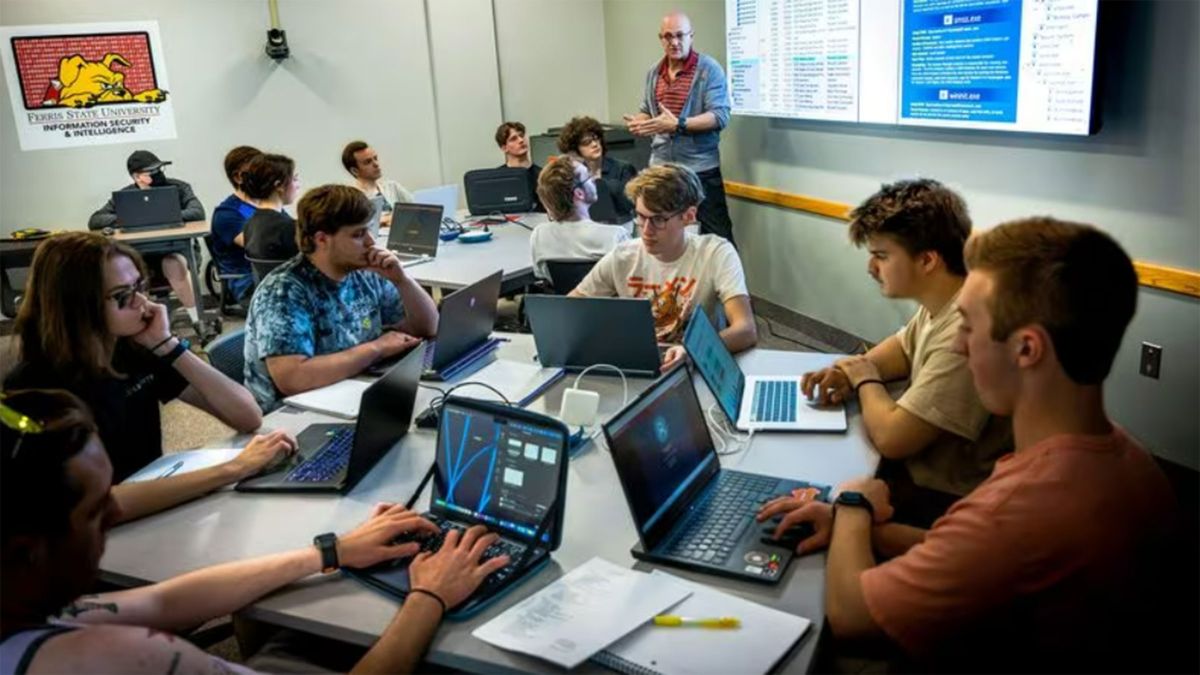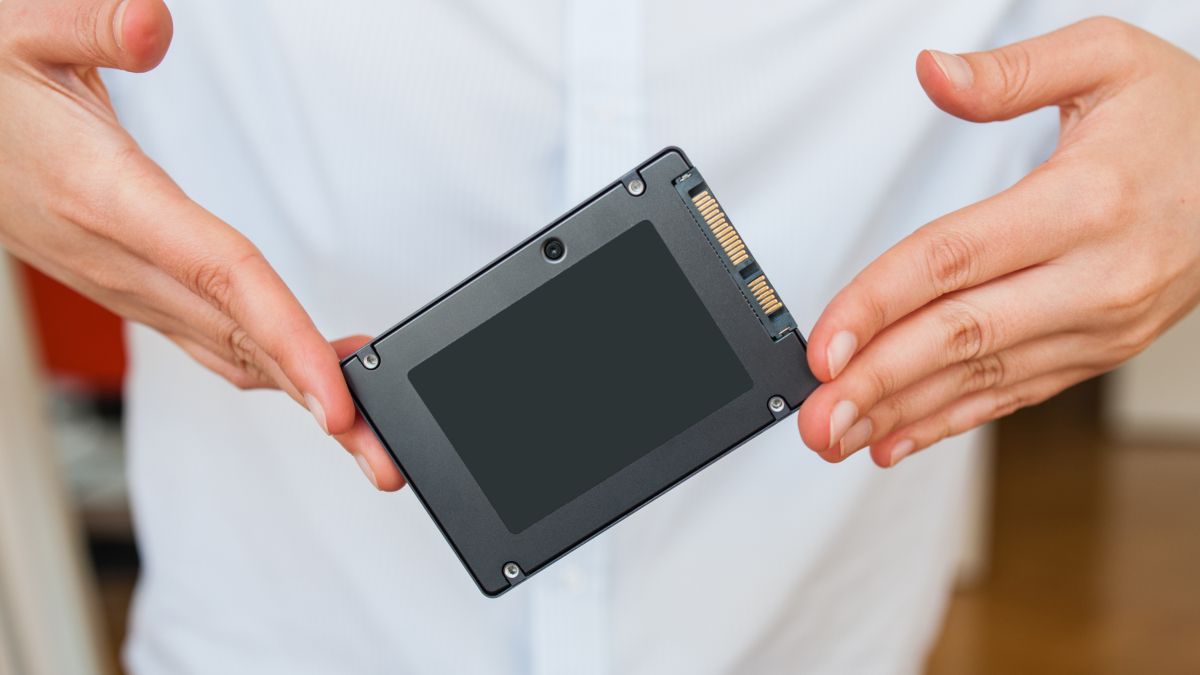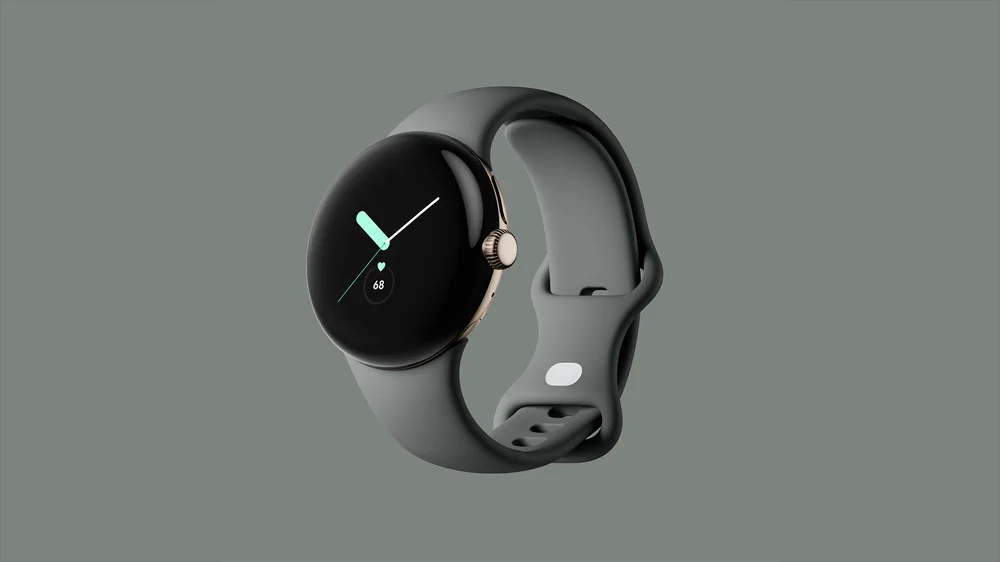Your new classmate could be an artificial intelligence

A university has an experiment underway that seems straight out of a science fiction movie, and they intend to be the first university in the world to create two AI students who will enroll in classes and participate in lessons and assignments.
This is Ferris State University, which has several university artificial intelligence programs in the United States, and they have created two AI students who will enroll in the university like any other student and who will take classes alongside human classmates.
The students are called Ann and Fry and will participate in classes as any other human student would, listening in and turning in assignments.
They will even be given to choose their own classes and major, and eventually earn even their college degree.
“Like any student, our hope is that they continue their educational experience as far as they can go, until their doctorate,” they say.
“But we are literally learning as we go and allowing the two AI students to choose the courses they are going to take. “We are in general courses right now, but we hope they complete their undergraduate and even their graduate degrees and even more.”
Basically with this experiment they are going to use computer systems to simulate human intelligence in these two AI.
In fact both Ann and Fry were given their own backstories to make them seem like students as real as humans.
To make this possible, computer systems and microphones were installed in the classes so that these artificial intelligences can listen to the teachers’ lectures and participate in any classroom discussions.
These are not physical or tangible AIs, since they will be inside computer systems, but thanks to the cameras and microphones they will be able to participate in classes with other students.
The objective of this experiment is to allow teachers to learn what the student experience is like today.
In this way, teachers and researchers will monitor the experience of both artificial intelligences to know what it is like to be a student today, from the admission process to graduation.
Then, based on what they have learned, they will be able to focus the new methodology on real students.



